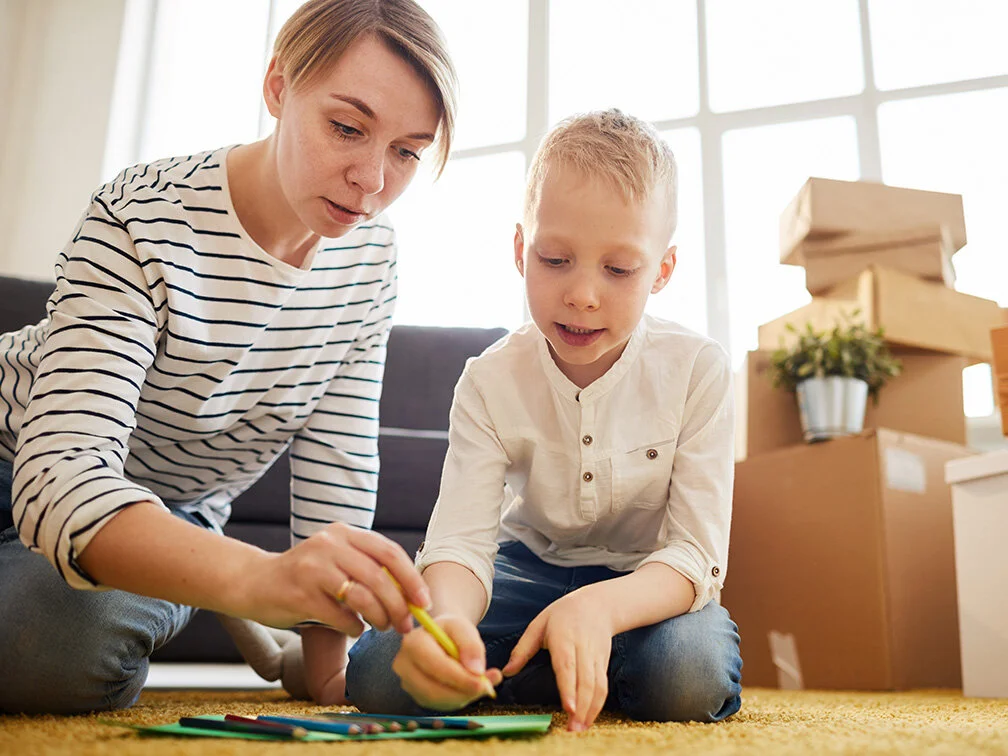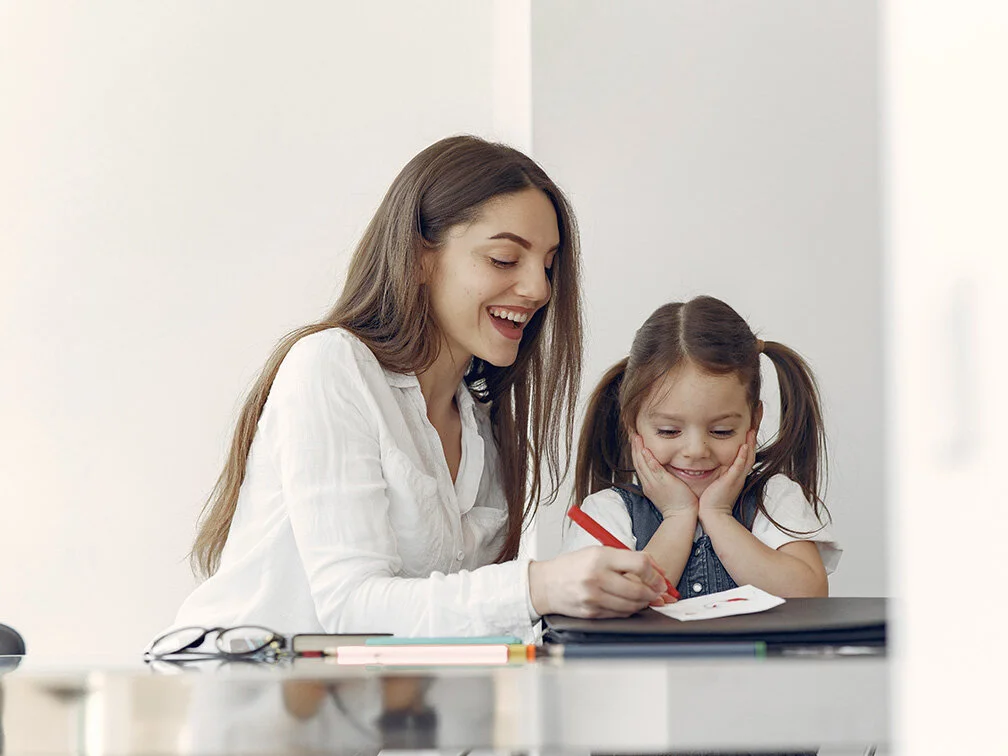Taking your Kids to Social Events

At the Lizard Centre we recognise that our clinicians’ own life stories and personal experiences add a deeper understanding and complexity to the service they provide to our clients. Below, River, one of our clinicians in Brisbane shares their story of how they planned and prepared and worked with their child to go out and be successful in the world, and how this experience informs their practice at Lizard.
My son recently turned 18 and graduated from Year 12. The graduation ceremony and formal dinner was very moving. I watched as he walked across the stage, shook hands with the School Principal and the Community Representative. He then turned and faced the photographer and smiled proudly; I have the photo on my wall at home.
Through tears I remembered the day I brought him home from pre-adoptive foster care. He was an 8-month-old wrapped in a furry parka against the cold. His birth parent had selected me due to my work in specialist education. Hearing that I had been selected was the best day of my life, but I was also filled with trepidation: how would I ensure that he would get to have a life as rich as a typically developing young person’s life? How would I ensure that he was included in the life of the community and valued as a member of our social network? It wasn’t going to be an easy road but it was one I was determined to travel, whatever the cost.
Right from the start I decided that single steps were going to be our friend. I knew that I had less than 18 years to prepare him for adulthood. Right away, I ensured that we attended every social event that was available to us, but we only stayed for short amounts of time. Friends would ask us to stay longer but I was always firm that we only remained for a predetermined amount of time. I would ensure we always left while everything was still going smoothly and would not wait for my son to become fatigued or unsettled.
At first this meant sitting together in the car outside the party venue and then saying “good sitting“ before giving him his favorite toy and getting out of the car together. Sometimes it meant calling ahead to restaurants that my friends had invited us to and organising for my son’s meal to be in a takeaway box, so that he and I could be seated with my friends for five minutes and could then leave with the boxes. As time progressed, we were able to get to the door of a friend’s house for a party and my son could give them a present through the open door before we left. I love the old joke, “How do you eat an elephant? One bite at a time!” because it represented how we grew my son’s social life.
I remember that I was still carrying bags of toys and snacks long after my friends’ children had outgrown the need for that sort of thing. I was still sticking like glue by his side while other parents enjoyed their wine and socialised. At times this stung a little. It felt like I would never be able to join the other parents; especially in the early days. Time though, passes. Thirty seconds became five minutes, and five minutes became an hour. Over time we were able to go to the movies and see an entire film and to attend New Years Eve Parties until midnight. But, best of all, my son made friends with four different young people and was able to spend time with them at their homes or at our house with only intermittent supervision.
The key to our success was measurement and Spider-man. I knew exactly how long my son could typically tolerate different situations and would reinforce any increases in this toleration using his favorite things. Also, I knew that when he was wearing his Spider-man costume under his clothing he would be comfortable and calm. When things went wrong, I tried not to waste time with self-blame: it is so easy to judge yourself as a parent and to blame yourself by saying ‘I should have…”. It doesn’t help; that way madness lies. Whenever I was down, I would remind myself of how far we had come together. I stopped measuring my son against other children and measured his successes against where he had come from and where he was going.
Shortly he is moving into his own supported independent living home. He will be having his school friends over for the housewarming party which he will be hosting. He is looking forward to carrying a plate of tasty snacks around to his friends and showing them his house and garden. This is my dream for him come true.
My son has multiple diagnoses: Fetal Alcohol Spectrum Disorder (FASD), Autism Spectrum Disorder (ASD), and Attention Deficit Hyperactivity Disorder (ADHD). Getting him to the Graduation Ceremony was the culmination of the support that I offered him from the time he arrived in my home. I used pairing key-sign and picture exchange with vocal language and concrete objects to build his receptive and expressive verbal behaviour. I used delay and tolerance training to help him to learn to accept that not everything arrives when you want them to and to teach him that if he asked then sometimes he could have his own way. I used desensitisation and toleration procedures to improve the variety of locations that he would travel to as well as increase the range of food and drink that he could eat. I taught him to read and write through modelling and repetition. Most of all I heavily reinforced each tiny learning step he took. I tried to avoid taking big steps that he might fail, knowing that every big step is built on top of millions of little achievements. I still use all of these strategies with a variety of young people and I watch them flourish in a way similar to my son.
Published On : March 24, 2023
Read more
Published On : March 24, 2023
Today’s blog post will focus on using ABA therapy to teach new skills, which quite often is why families will come to the Lizard Centre in the first place. They want to understand how to help their child learn.
Published On : May 1, 2023
In addition to Behaviour Support, a Behaviour Analyst can help your family in a variety of ways. A BCBA can also help family members understand their child’s needs, communication style and the function of any behaviours of concern.


